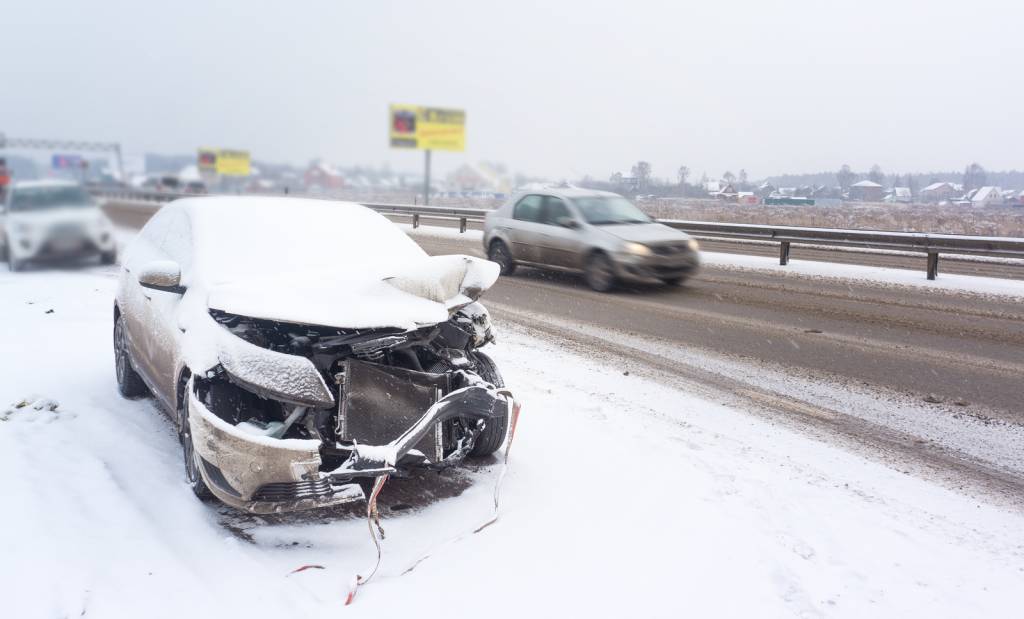Speeding is probably one of the most common driving behaviors experienced on the road. Some people report going slightly over the speed limit from time to time, but breaking the speed limit at high levels places drivers and others on the road at risk. Significantly higher damage is caused by cars that encounter collisions at speeds well above the speed limit. Fatalities are also more common in these types of accidents. If you were caught in the middle of a speeding-related car accident and suffered significant personal injuries, try calling a Tennessee auto accident lawyer for guidance.
Risks of Speeding
In the year 2017 alone, around 9,717 people were killed in a speeding-related car accident. This makes up 26% of all deaths from car accidents. Out of drivers who tend to be involved in fatal speeding accidents, 31% of them tend to be between the
ages of 15-20. For the people who are lucky enough to survive car accidents like these, most of them do no come out unscathed.
Many people suffer from serious personal injuries, some of which can become lifelong disabilities with pain and suffering. This can lead to lost wages, loss of enjoyment of life, and broken relationships. Common life-changing injuries include traumatic brain injuries (TBIs), chronic whiplash pain, spinal cord injuries, and facial disfigurements. Collisions involved with excessive speeding have so much force behind them, that most of the injuries sustained in these wrecks reach these higher levels of severity.
Speeding increases a driver’s chances of losing control of the vehicle and significantly heightens the risk of severe to fatal injuries if an accident occurs. If a speeding driver has to suddenly stop the vehicle, they will probably not be able to do so in time. The driver caught with speeding could encounter jail time, fines, and license suspension.
Consequences of Speeding
Speeding itself has resulted in one-third of all deaths from car accidents within the past 20 years. For teenagers specifically, speeding was the cause of 31% of their deaths. When it comes to 42% of drivers, they do not consider going 10 miles per hour over the speed limit to be speeding. Many teens agree with this belief and most people tend to go 10 miles over the limit half of the time. The scary thing is that studies show that even going 10 miles over the limit is enough to increase a person’s chances of a car accident by 9.1%. Going even higher than 10 miles an hour over the limit only increases this percentage.





